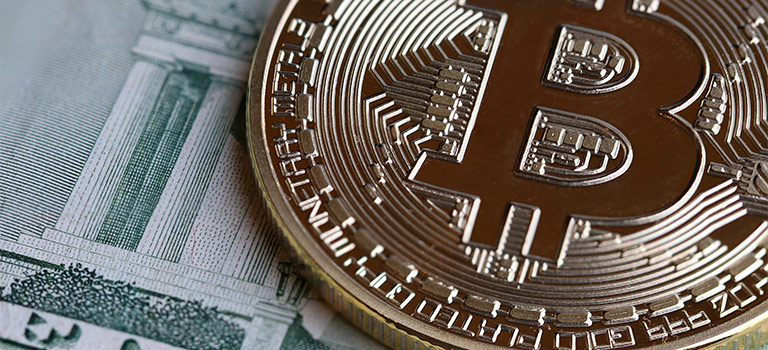PALO ALTO, Calif. (Reuters) - The Federal Reserve is looking at a broad series of issues around digital payments and currencies, including policy, style and legal factors to consider around potentially providing its own digital currency, Guv Lael Brainard stated on Wednesday. Brainard's remarks suggest more openness to the possibility of a Fed-issued digital coin than in the past." By transforming payments, digitalization has the possible to deliver higher worth and benefit Click to find out more at lower cost," Brainard stated at a conference on payments at the Stanford Graduate School of Service.
Reserve banks internationally are debating how to manage digital finance technology and the dispersed ledger systems utilized by bitcoin, which guarantees near-instantaneous payment at potentially low cost. The Fed is developing its own day-and-night real-time payments and settlement service and is currently examining 200 comment letters submitted late in 2015 about the proposed service's style and scope, Brainard said.
Less than 2 years ago Brainard told a conference in San Francisco that there is "no compelling showed need" for such a coin. But that was prior to the scope of Facebook's digital currency ambitions were widely understood. Fed officials, including Brainard, have raised issues about customer protections and data and personal privacy risks that could be posed by a currency that could come into usage by the third of the world's population that have Facebook accounts.
" We are working together with other reserve banks as we advance our understanding of central bank digital currencies," she said. With more countries looking into providing their own digital currencies, Brainard stated, that contributes to "a set of factors to likewise be ensuring that we are that frontier of both research study and policy development." In the United States, Brainard said, problems that need research study include whether a digital currency would make the payments system much safer or simpler, and whether it could posture monetary stability risks, consisting of the possibility of bank runs if money can be turned "with a single swipe" into the reserve bank's digital currency.
To counter the monetary damage from America's unprecedented nationwide lockdown, the Federal Reserve has actually taken extraordinary actions, consisting of flooding the economy with dollars and investing straight in the economy. Many of these moves received grudging approval even from numerous Fed skeptics, as they saw this stimulus as required and something just the Fed might do.
My brand-new CEI report, "Government-Run Payment Systems Are Risky at Any Speed: The Case Versus Fedcoin and FedNow," information the risks of the Fed's present prepare for its FedNow real-time payment system, and propositions for main bank-issued cryptocurrency that have been dubbed Check out here Fedcoin or the "digital dollar." In my report, I talk about concerns about privacy, information security, currency manipulation, and crowding out private-sector competitors and development.

Advocates of FedNow and Fedcoin state the government should develop a system for payments to deposit instantly, instead of encourage such systems in the private sector by raising regulative barriers. But as noted in the paper, the economic sector is providing a seemingly limitless supply of payment innovations and digital currencies to solve the problemto the level it is a problemof the time gap between when a payment is sent and when it is received in a checking account.
And the examples of private-sector development in this location are lots of. The Clearing House, a bank-held cooperative that has actually been routing interbank payments in numerous forms for more than 150 years, has been clearing real-time payments since 2017. By the end of 2018 it was covering 50 percent of the deposit base in the U.S.